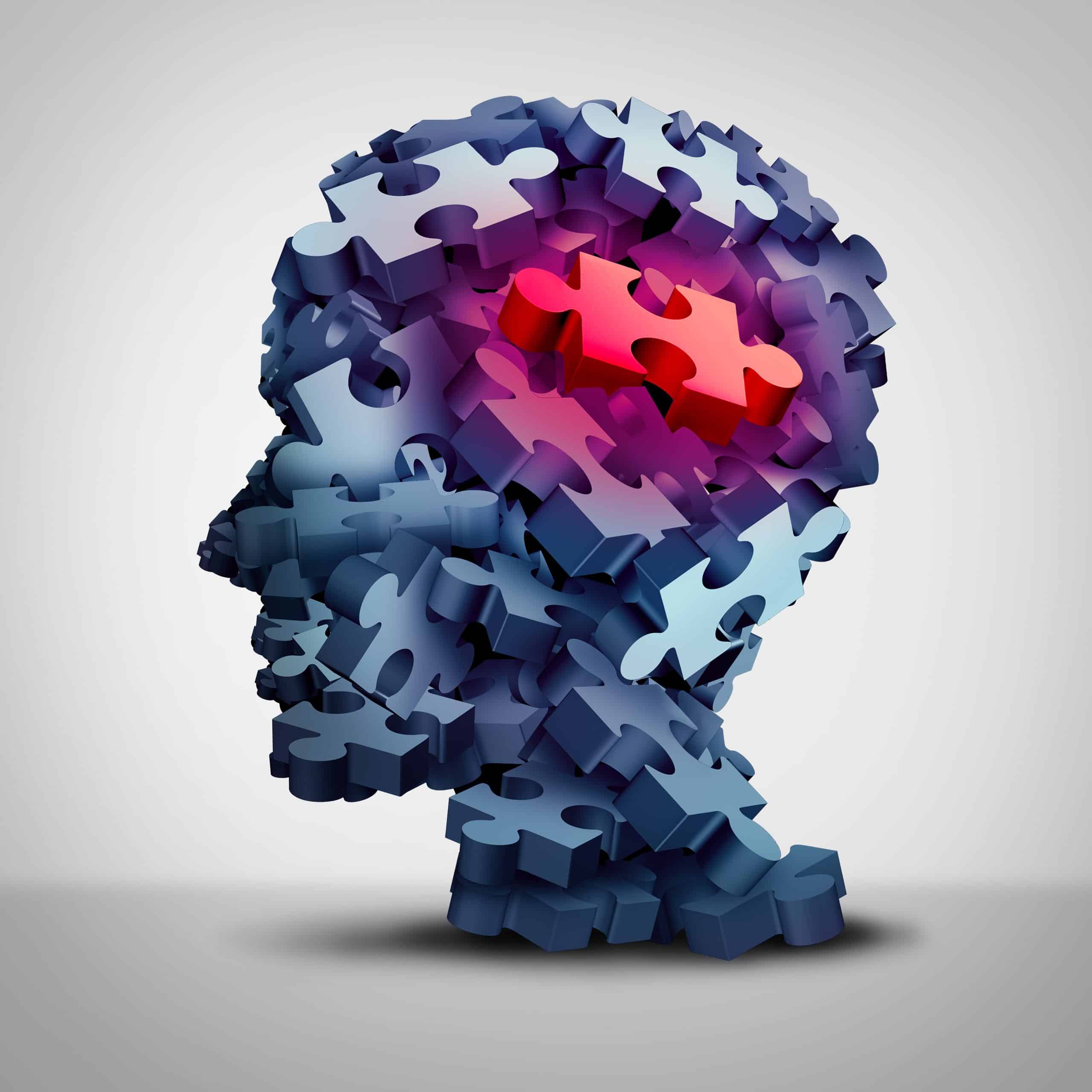
How to Reduce Stress
Given the circumstances that we are now living in, stress is rife among many of it. April is Stress Awareness Month, and we wanted to bring it back to basics.
What can stress do to your mental and physical wellbeing? How do we look after ourselves and those around us in order to keep stress levels to a minimum?
Stress and mood can have a significant impact on your appetite, for example, it can reduce our appetite or increase our appetite often making you eat the wrong (unhealthy) choices to compensate. Eating well, with regular meals, will help boost your mood.
This week we are looking at the key messages about how food can negatively and positively affect stress levels. Think about the times when you feel stressed. Do you turn to eating more snack foods which are often high in sugar and fat or drink more alcohol? Spend a few minutes thinking in which circumstances you may increase the consumption of these foods.
Alcohol may temporarily boost your mood, but you will more likely feel the ‘low’s’ the following day. It can also make you dehydrated. We will also cover caffeine and how it can affect mood, this week. Other non-food related lifestyle factors that can influence mood also include:
- Activity can play a major role in helping us de-stress, burning off frustration, help control our weight and provide ‘me time’.
- Lifestyle – smoking.
- Balance of work vs home life is important.
Regular meals
Eating regular meals and healthy snacks, if you need to snack, will provide you with the energy you need. Not eating regularly means both your energy and mood levels drop.
Start the day with breakfast (‘breaking the fast’) will kick start your energy levels, but ensure you follow with regular meals during the day and have to hand healthy snacks as we have discussed in the previous weeks.
Aim to include a source of complex carbohydrates at each meal or snack (fruit, vegetables and wholegrains). If your body does not have enough sustained glucose (sugar) for energy, your blood sugar levels will fall influencing your muscles and your brain!
It is estimated that our brain uses at least 20% of the energy we consume daily.
Snacks
It is important that our meals and snacks contain a healthy balance of foods, this it not only to ensure that we have long lasting energy, but also the correct balance will help us consume all the micronutrients (minerals and vitamins) that we also need to boost our mood and energy levels.
Fatty and sugary snacks, such as biscuits, crips, cakes, sweets, chocolate bars, pastries and sugary fluids including energy drinks, tend to be just high in calories and low in the way of essential nutrients. Try to limit or avoid these at times when you feel stressed or in a lower mood.
These foods only offer temporary comfort and a brief energy boost, followed by a slump. This is due to your body’s surge of insulin (a hormone) levels rising to reduce an increased blood sugar. This hormone also promotes fat storage and in addition to these high calorie foods can have a negative impact on your waistline!
Aim for regular meals and healthy snacks and avoidance of high sugar snack foods and drinks as this is basically ‘junk’ food
Caffeine and mood
Caffeine can act as a stimulant, but is temporary and can cause you to feel tired hours later. It can also disrupt your sleep patterns. Too much (more than 400mg caffeine – equivalent to 4 cups of coffee or 200mg caffeine – equivalent to 2 cups of coffee if you are pregnant) can cause irritability and temporary headaches. However if you are used to drinking a lot of caffeinated drinks, reduce slowly to avoid the ‘withdrawal’ effects.
Caffeine lasts about 4 hours so whether you have 1 coffee or 3, your caffeine levels will not necessarily increase so drinking a lot in one go will not help you prolong alertness rather, it is likely to have a more negative impact.
Fluid – water is key to helping you feel mentally alert
Alcohol
Too much acts as a stimulant which could give a sense of wellbeing/alertness at the time but too much will cause you to feel tired and of low mood – this can be a spiral for depression and reliance on alcohol. Alcohol can also cause dehydration, further reducing your ability to think clearly.
Too much alcohol can deplete your reserves of B vitamins which are vital for your mental wellbeing and to help you utilise energy. Make sure you keep to the limits if you choose to drink and limit alcohol at times when you are feeling stressed.
Keeping active
Physical activity helps pump oxygen around the body helping you not only feel invigorated, but will also provide a sense of wellbeing and satisfaction. Research shows that physical activity can boost self-esteem, mood, sleep and every levels. It is well documented that activity can help reduce stress and depression by up to 30%.
Outdoor activity can also help boost Vitamin D levels – the sunshine vitamin.
Activity will also help keep your weight in check and provide ‘me time’ to reduce stress levels.
We know that stress can lower mood and potentially cause depression in the long-term. It is important that we find ways to cope with stress without looking at ways that have a negative impact on health eg binging on chocolate, smoking. Everyone is individual at coping with stress and low mood.


